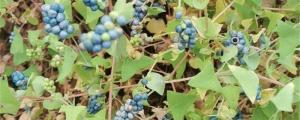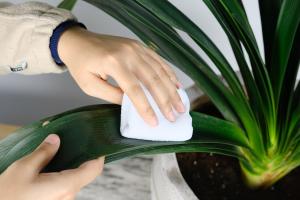How to Select Good Seeds for Planting
Planting a garden can be a rewarding and fulfilling activity, but choosing the right seeds can make all the difference. In order to ensure a successful harvest, it is important to select high-quality seeds that are well-suited for the planting environment. Here are some tips on how to select good seeds for planting.
Consider the Planting Environment
The first step in selecting good seeds is to consider the planting environment. This includes factors such as soil quality, sunlight exposure, and climate. Different plants thrive in different conditions, so it is important to choose seeds that are well-matched to the environment. For example, if you live in a hot and arid location, you may want to choose seeds that are drought-resistant or can handle higher temperatures.
Look for Quality Seeds
When selecting seeds, it is important to look for quality. This means choosing seeds that are well-formed, clean, and free from mold, disease, or damage. Avoid seeds that are discolored, cracked, or visibly damaged in any way. Look for seeds that are uniform in size and shape, and that show no signs of deterioration.
Choose Fresh Seeds
Freshness is another important factor to consider when selecting seeds. Seeds that have been stored for a long period of time may have a reduced germination rate or may not grow at all. Look for seeds that have been freshly harvested or are marked with a date of production. This will give you the best chance of success when it comes to planting and growing your garden.
Consider Hybrid vs. Heirloom Seeds
When shopping for seeds, you may come across both hybrid and heirloom varieties. Hybrid seeds are created by cross-breeding different varieties of plants in order to create a new and improved plant. Heirloom seeds, on the other hand, are open-pollinated and have been passed down through generations. Both types of seeds have their pros and cons, but it ultimately comes down to personal preference.
Choose Seeds for Your Desired Outcome
Finally, when selecting seeds, it is important to choose seeds that will meet your desired outcome. Consider what you want to achieve with your garden, such as growing vegetables for food, planting flowers for decoration, or creating a low-maintenance landscape. Different varieties of seeds will produce different outcomes, so choose seeds that will help you achieve your goals.
Selecting good seeds is a crucial step in the planting and gardening process. By considering the planting environment, choosing quality seeds, selecting fresh seeds, and choosing seeds for your desired outcome, you can maximize your chances of success and enjoy a bountiful harvest. Happy planting!

 how many times do yo...
how many times do yo... how many planted tre...
how many planted tre... how many pine trees ...
how many pine trees ... how many pecan trees...
how many pecan trees... how many plants comp...
how many plants comp... how many plants can ...
how many plants can ... how many plants and ...
how many plants and ... how many pepper plan...
how many pepper plan...































